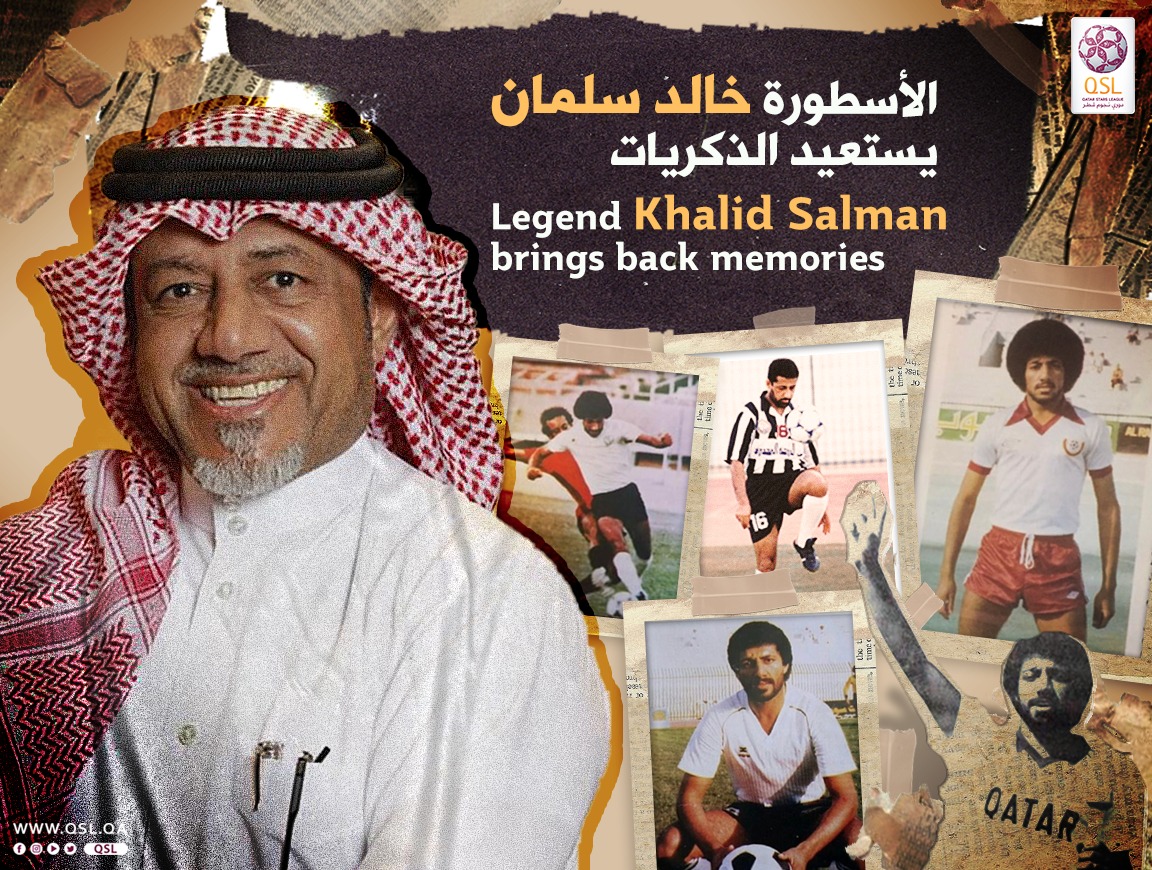
Khalid Salman
Legend Khalid Salman is one of the stars of the golden generation of Qatar football with our national team and Al Sadd club.
He was born in 1962 and started with the Al Sadd youth team in 1976 before graduating to the senior team in the 1978-1979 season. He had a great and distinguished career spanning nearly 20 years with Al Sadd.
Khalid Salman won many championships with Al Sadd and he was among their most prominent players who won the Asian Championship in 1989 under the late coach Obaid Juma, scoring the winning goal in the second-leg final against Iraq’s Al Rasheed. Al Sadd thus won the continental title for the first time in their history, also becoming the first Arab team to win the prestigious tournament.
He was a part of our Qatar team, which won second place at the 1981 FIFA World Youth Championship in Australia, where he scored three goals against Brazil.
He was also a part of the Olympic squad at the 1984 Olympics in Los Angeles, USA, where he shone and scored two goals against France.
He represented our senior national team from 1981 to 1991, and played in many editions of the Gulf Cup as well as regional, Arab and Asian competitions.
Khalid recalled these wonderful memories in an Exclusive Interview with the Qatar Stars League website, shedding light on his beginning, prominent successes and much more, be it with Al Sadd or the national teams.
Excerpts:
A long history and great successes achieved with Al Sadd and the Qatar national teams at all levels… It’s certain that these successes were achieved only with work and efforts coupled with talent. Tell us about your beginning and in which year did Khalid Salman start and how you joined Al Sadd?
In fact, this is a question that makes me go back to the mid-1970s when I started playing football in Al Hawari and Al Farij in the Al Sadd area. I used to play at school and with friends, and due to the proximity of our house to Al Sadd club, I was watching the teams train. I was excited and eager to join and joined the youth team,. I actually joined the youth club at the age of 14.
I played the first official championship with the Al Sadd youth team in 1976. I didn’t play in the beginning mainly because of my young age, but then I grabbed all opportunities and achieved successes and won the youth league championship in the 1977-1978 season. Then, I moved to the junior team and played regularly. In the same season, the able captain and coach, Hassan Othman, selected me in the first team, whom he coached at that time. The funny thing is that I used to play for the youth team in one half of the match and the next day I play one half for the first team.
In the 1978-1979 season, my real career began with the club’s first team and I competed in all tournaments – local, Gulf, Arab, Asian and Afro-Asian, and achieved unforgettable titles, until I retired in 1998.
Certainly, there’re moments in your career that you can’t forget. What’re your happiest moments with Al Sadd?
All my moments with Al Sadd were happy and unforgettable because when you play for a club that competes for all titles, you experience many happy and special moments.
You won many championships with the team. What’re the most important trophies that you’re proud of in your career?
I’ll talk about the domestic and foreign championships. Certainly, the general league championship is one of the important titles that I cherish in my career as a player. I also hold the Amir Cup I won with the team close to my heart.
At the foreign and Asian levels, I’m one of the few players to have unprecedented achievements as I won the Asian Championship, Arab Championship and Gulf Co-operation Council Championship when I was the captain of the team. As for the strongest championship, it is the Asian Championship that I won with Al Sadd in 1989.
You’ve worked under a lot of coaches. Who among them do you give more credit for what you achieved?
I learned a lot from every coach. But I particularly remember Hassan Othman, an able coach. He gave me the opportunity to play with the youth and first teams of Al Sadd. I also can’t forget the role of the wonderful coach who developed my capabilities and skills – Brazilian Evaristo, who coached Qatar at the 1981 FIFA World Youth Championship in Australia, where we finished a highly-creditable second.
Speaking of the youth team and the great achievement at the 1981 World Youth Championship, what’re your memories and the scenario that you still remember?
I can’t forget the great historical memories, as we got second place after a long journey. We got great results, most notably the victory over England by a 2-1 margin in the semifinal as well as victory over Brazil by a 3-2 margin.
I still remember a situation that happened to me after our match against Brazil, as I scored the three goals for our team and was wearing the No.16 shirt. Incidentally, the Brazilian player who scored both their goals was also wearing the No.16 shirt and, after the match ended, this Brazilian player came to me and asked me to sign the shirt which I was wearing. He praised our team, our players and the level we exhibited during the match.
We’ve noticed that you also played in No.16 jersey with Al Sadd and the national team. Is there a story behind your choice of this number?
Yes, I was a big fan of former Kuwaiti star Faisal Al Dakhil, who played in that number. That’s why I preferred No.16 to other numbers.
Who was your favourite team-mate?
Badr Bilal in Al Sadd, as we came through junior, youth and senior team levels together, and also played in the national team together.
And who’s the player you consider as your role model?
At the local level, my favourite player is Mubarak Anber as I considered him as a role model on the field. Although he played in the centre of defence, I benefited a lot from him, be it with Al Sadd or the national team.
The player that I liked the most at the Gulf level was Kuwaiti Jasem Yaqoub, one of the most talented players in Kuwaiti, Gulf and Arab football.
At the international level, Argentinian star (Diego) Maradona remains as one of the distinguished players who influenced many players of our generation and generations to come.
You played with many foreign professionals. Who’re the top five players from your generation you remember?
Former Ghanaian star Abedi Pele, the father of current Al Sadd player Andre Ayew, and a Brazilian player who used to play with us in the team named Paulo, in addition to three Iranian stars – Ali Daei, Qasimpour, Hossein Faraki.
If asked to form a team of five Qatari players from your generation, who would you choose?
I’ve seen highly-qualified Qatari players, be it with Al Sadd or the national team, and we’ve had strong relationships and distinguished friendship.
And the quintet that I’ll choose consists of Younes Ahmed as goalkeeper, Adel Malalla as defender, Ibrahim Khalfan as midfielder, and Badr Bilal and Khalid Salman as attackers.
Your presence was also special with the first team in terms of tournaments you played in and the matches you played, if we talk about your memories with our national team?
Representing the national team is the dream of any player and I thank God that I joined the team early and played nearly 135 international matches during a period of 11 years. It was a wonderful and distinguished stint as well, in addition to my time with the youth team and Olympic team. I remember that after my two goals against France at the Los Angeles Olympics, the Qatari media called me the historic scorer and I’m very proud of it.
What’s the difference between playing football then and now?
The difference is very big. We used to play as amateurs, now we are in the era of professionalism and Qatari players have become professional. In the past, we used to play for the logo and loved to play. There’re lots of differences in terms of stadiums and facilities then and now. Initially, we had one stadium (Doha Stadium) and then got Khalifa International and club stadiums. But now, the players are fortunate with the wonderful and distinctive facilities and stadiums. Player in the current generation have interest in terms of training and following the best means and ways to develop talent.
Regarding fans at that time and in general, the stadiums were full of spectators despite the difficulties that many of them were facing, as some fans walked an hour or two by foot to be present at the venue in order to support their teams. I think football fans in the past were more loyal to the clubs than now. Perhaps, the reason behind this is that we’re in the era of professionalism.
You’ve played many matches… Which match you remember the most?
Our match against Iraq’s Al Rasheed in the second leg of 1989 Asian Championship final. After we had lost in the away leg (2-3), we played at home on the first day of the blessed month of Ramadan and we had to win in order to win the championship. Thank God, that was achieved and I scored the only goal of the game which we won 1-0.
An unforgettable goal?
My first goal against France at the Los Angeles Olympics. That goal is special. As we were playing counter-attacks, Ibrahim Khalfan passed a ball to me and I scored with the left foot even though I play mainly with the right foot.
The most precious goal in your life?
The three goals I scored against Brazil at the 1981 FIFA World Youth Championship in Australia.
Finally, why didn’t you continue in the field of coaching and turned to sports analysis in the media and television channels?
After my career as a player ended, I got all qualified training courses as I was in coaching project. I trained at Al Sadd at junior and youth levels and became an assistant coach of the first team. I worked for ART, Orbit and Al Jazeera Sports, and I was one of the first to be on board of Al Kass sports channels.
I would like to emphasize that, whether I’m a coach or technical analyst, what matters to me is that my message arrives in football. Thank God, I now find myself in the field of technical analysis.













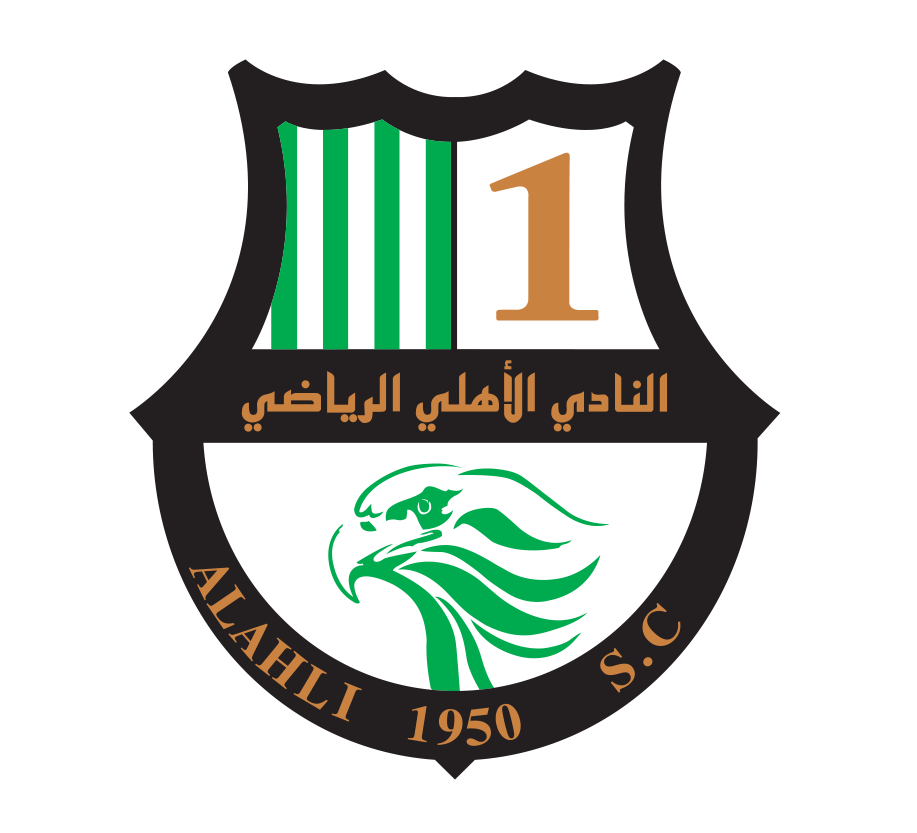
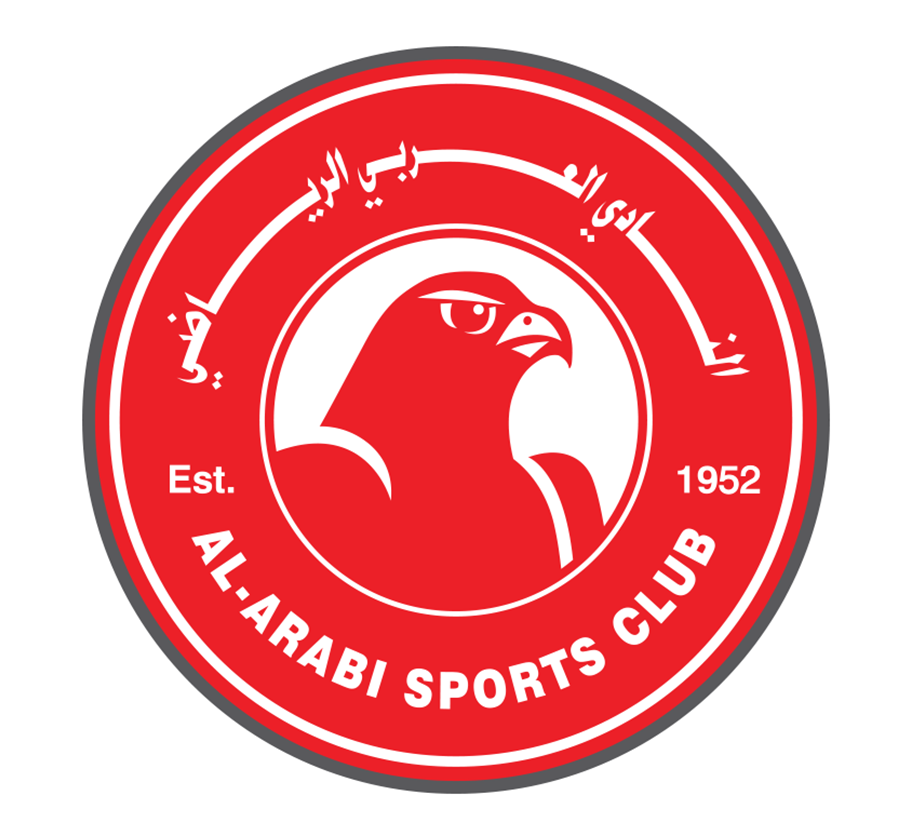
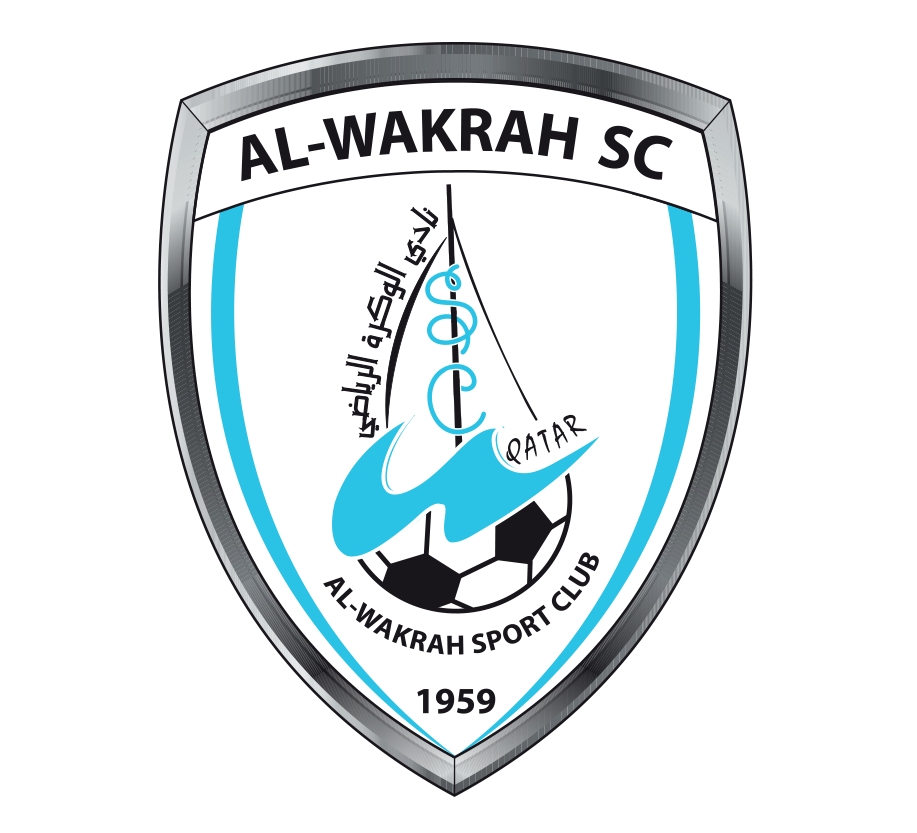
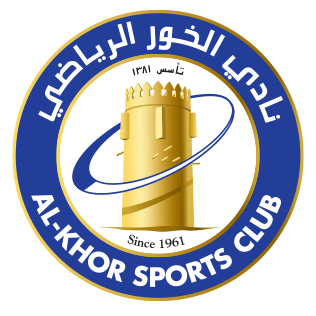
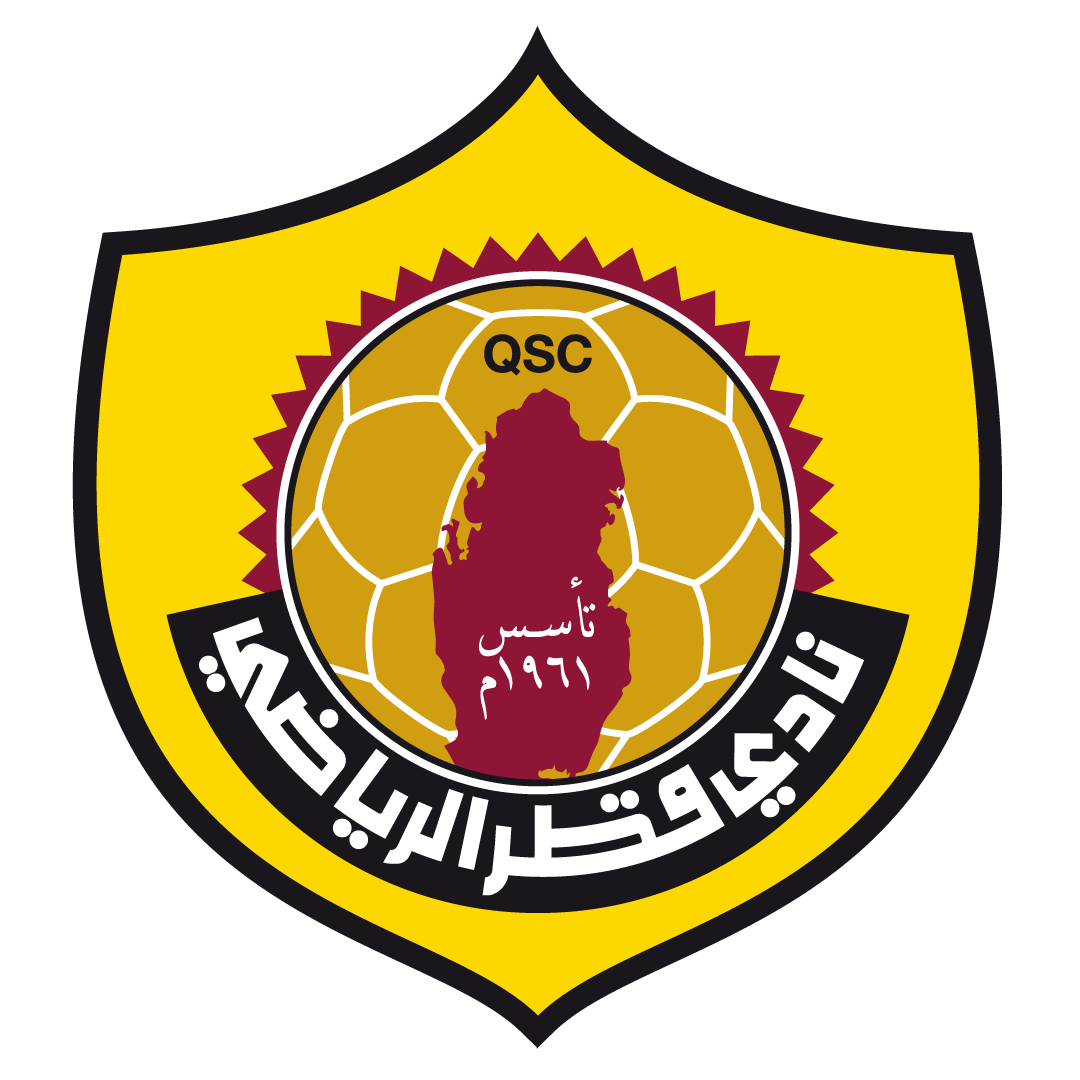
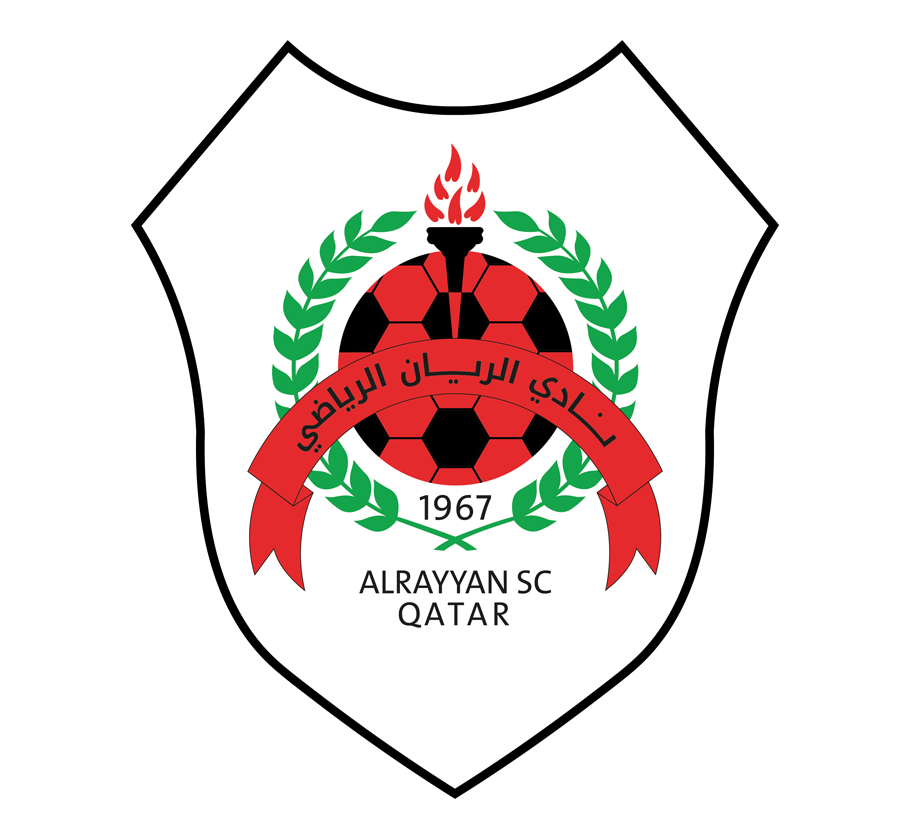
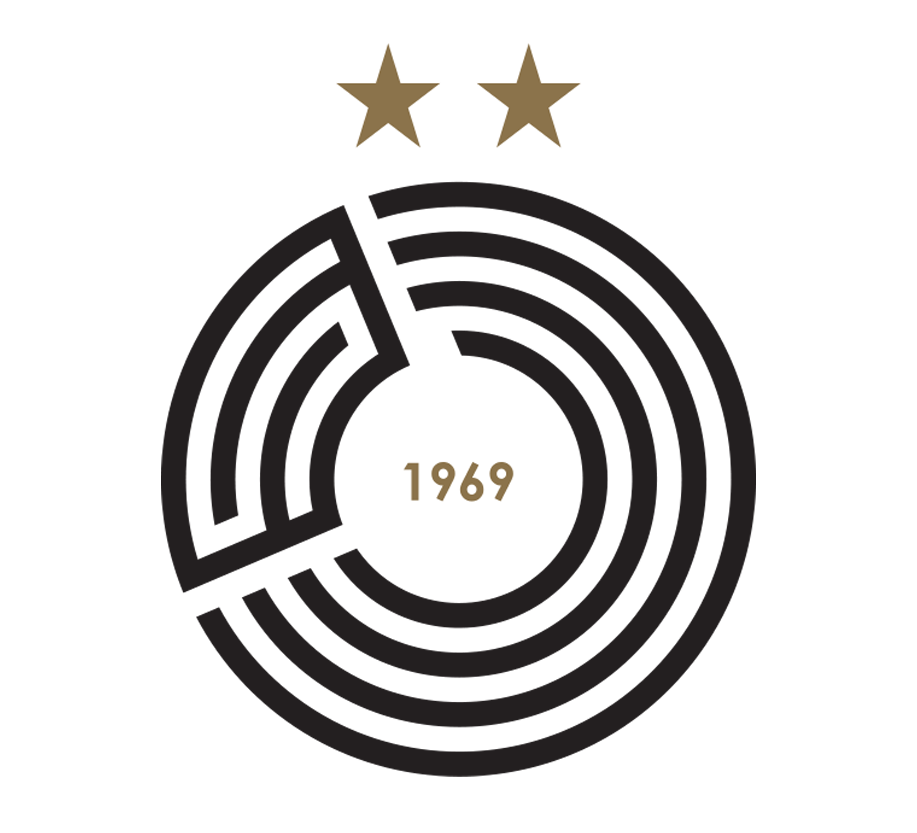
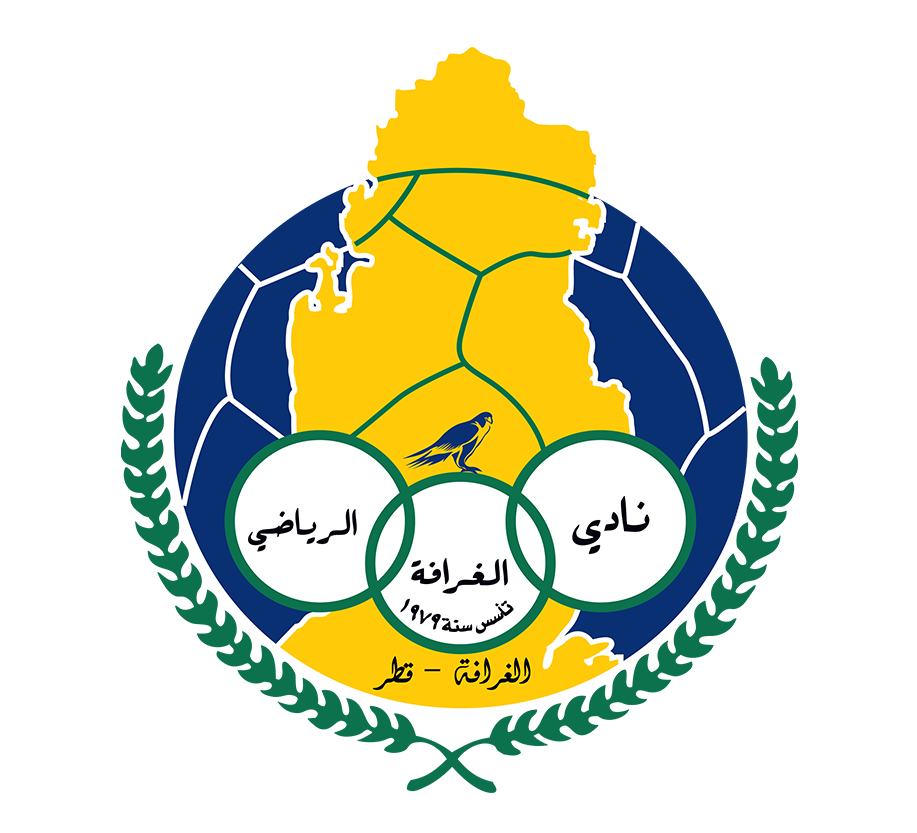
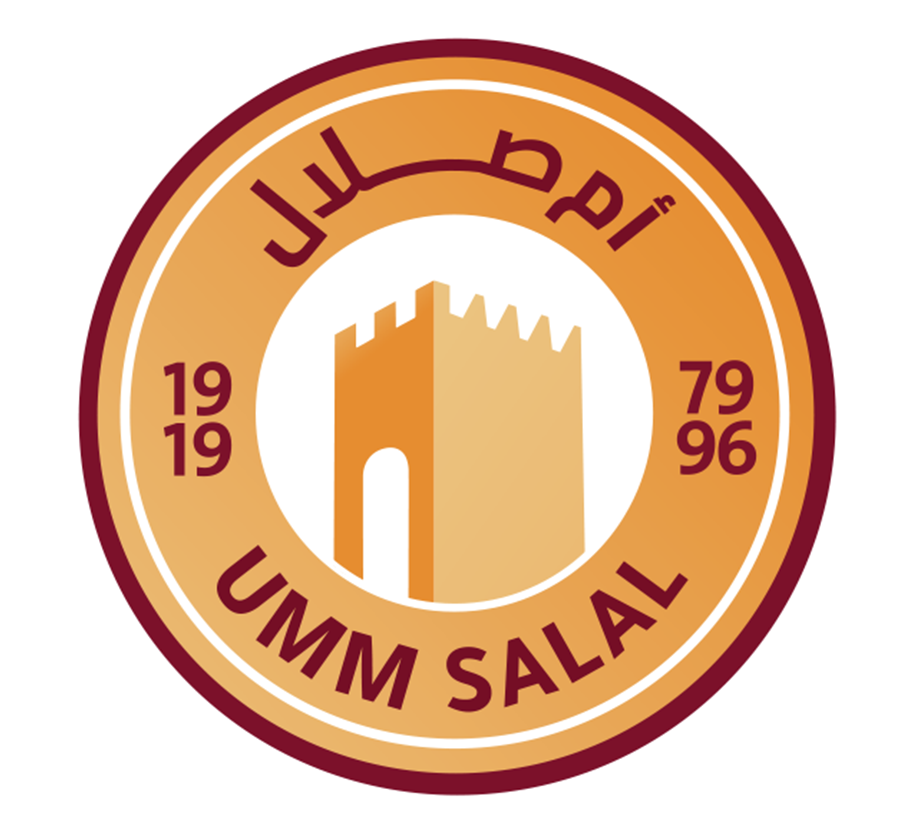
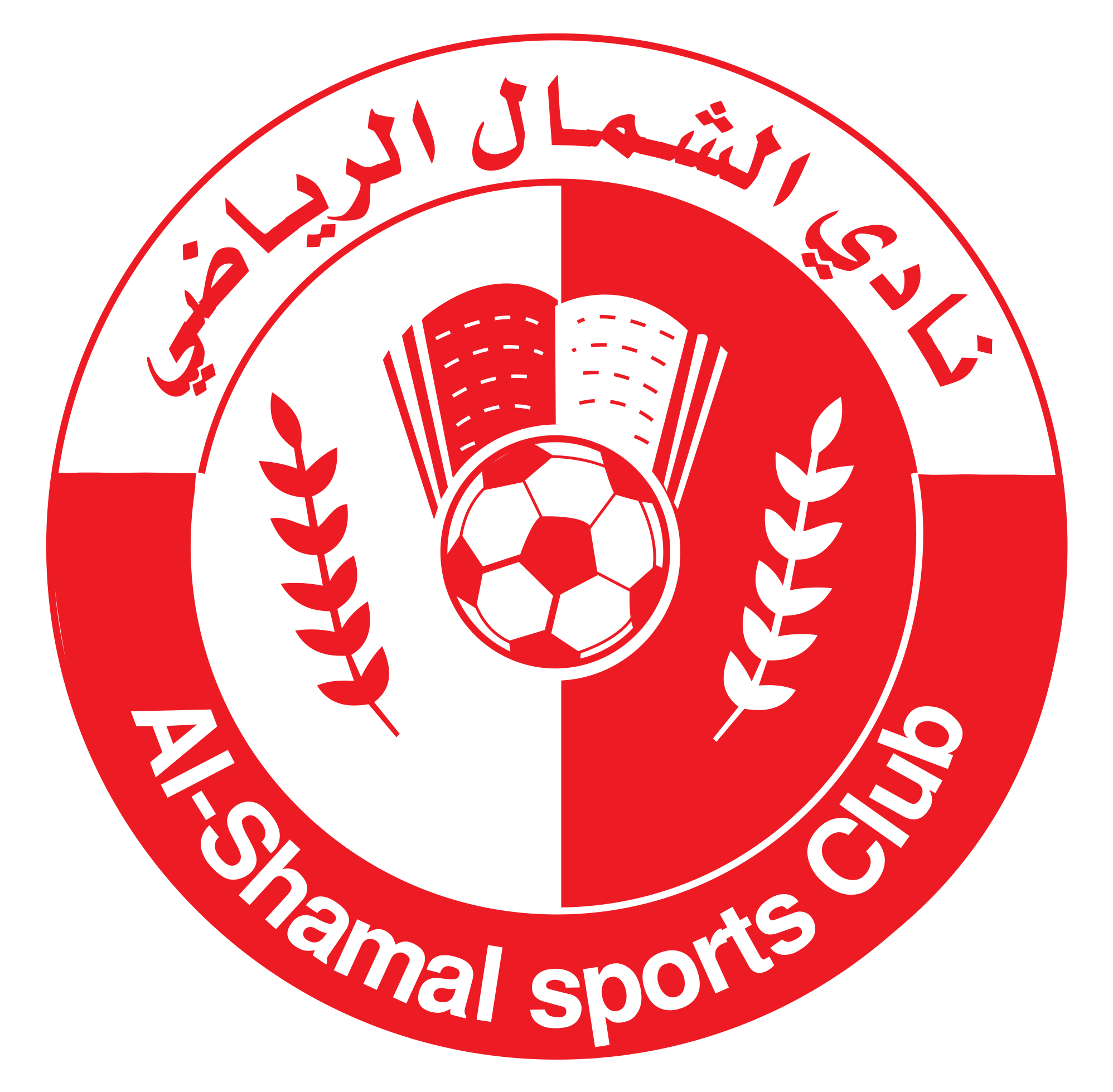
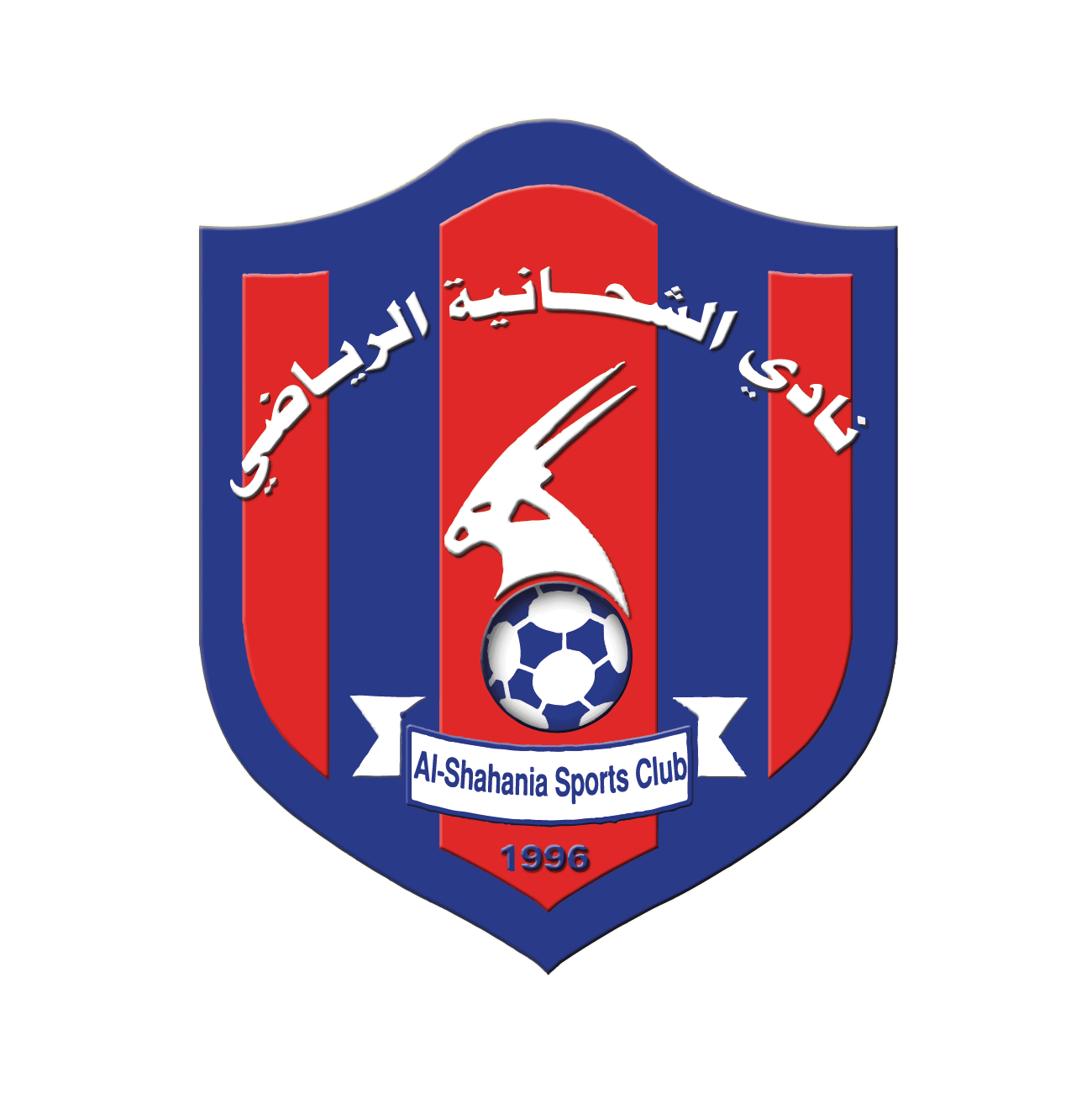
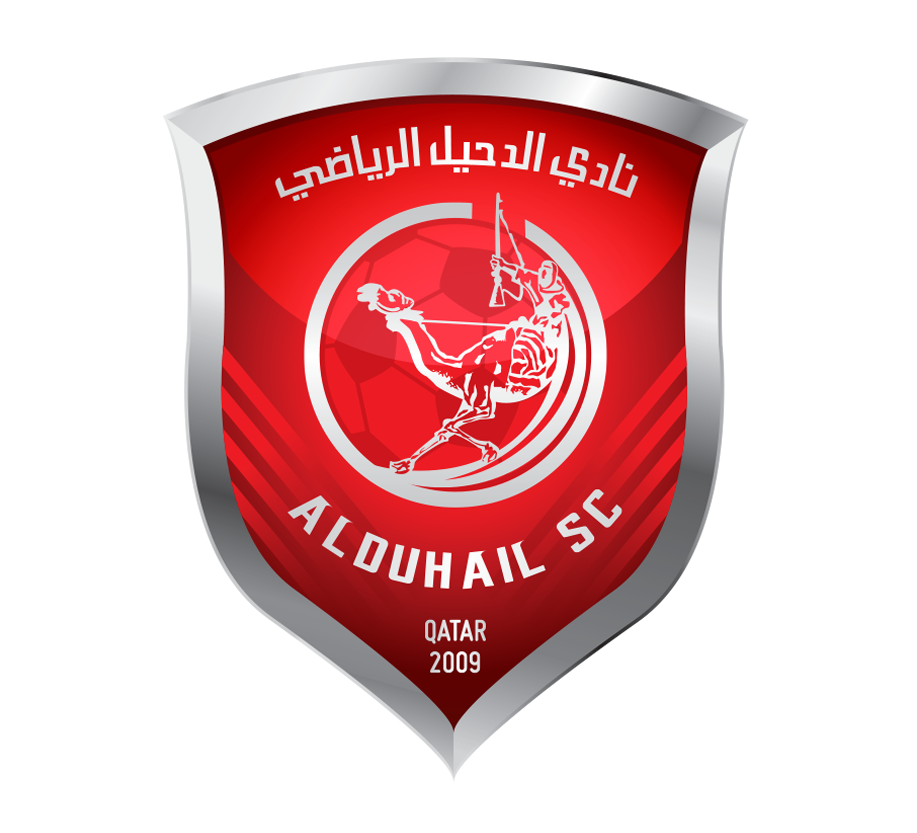
 Back To Home
Back To Home
